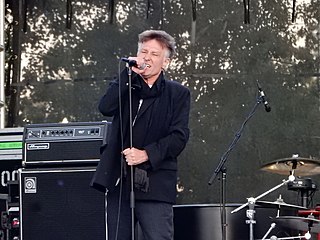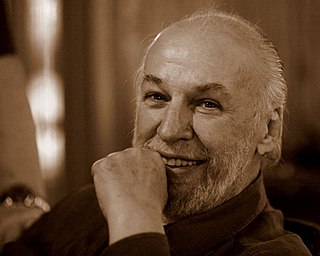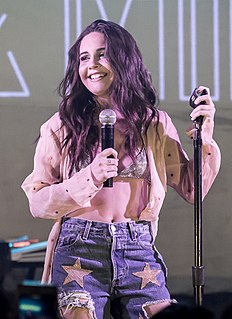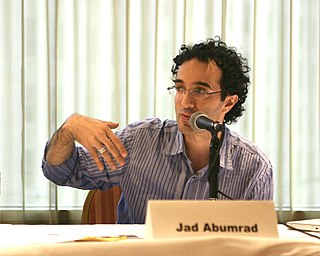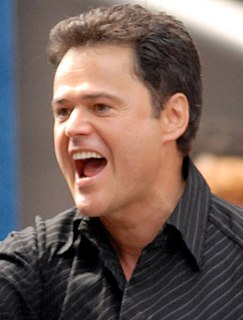A Quote by Martin Short
There was an era when people would turn on their radio and hear a radio drama. Now, you could be as scared by that as seeing it filmed. In those days, people used to sit by the fire and imagine what they were hearing. Everything is its own art form.
Related Quotes
I could turn on my radio in the morning when I was getting dressed for school and hear Frank Sinatra and Duke Ellington and Benny Goodman and think this is the music. Now that music is art. Ellington is art. At that time it was just what you heard on the radio. Cole Porter was just a guy who wrote pretty songs and Billie Holliday would sing them.
I wrote 'Turn Your Radio On' in 1937, and it was published in 1938. At this time radio was relatively new to the rural people, especially gospel music programs. I had become alert to the necessity of creating song titles, themes, and plots, and frequently people would call me and say, 'Turn your radio on, Albert, they're singing one of your songs on such-and-such a station.' It finally dawned on me to use their quote, 'Turn your radio on,' as a theme for a religious originated song, and this was the beginning of 'Turn Your Radio On' as we know it.
Listen- my relationship with radio on a personal level is nothing but a one way love-a-thon... I love radio, I grew up on radio. That's where I heard Buddy Holly, that's where I heard Chuck Berry. I couldn't believe it the first time I heard one of my records on the radio, and I STILL love hearing anything I'm involved with on radio, and some of my best friends were from radio. But we were on different sides of that argument, there's no question about that.
There were some days where I was like, you know what, I don't relate to everything that I'm hearing on the radio right now. Because I'm having a bad time, I'm having a rough day, I'm experiencing something that is making me feel alienated in this emotion because everything I'm hearing is about the opposite.
In the mid-'60s, AM radio, pop radio, was just this incredible thing that played all kinds of music... You could hear Frank Sinatra right into the Yardbirds. The Beatles into Dean Martin. It was this amazing thing, and I miss it, in a way, because music has become so compartmentalized now, but in those days, it was all right in one spot.
You always draw from your roots. I'm influenced by everything I hear and see, and that includes music today, but obviously I go back to my early influences: Stevie Wonder, Parliament, Earth, Wind & Fire, Ohio Players, Average White Band. Those kind of artists are what I look to. When I hear that stuff on the radio, I turn it up!
When you start in the childhood period, when you begin to form a comic sense, it was the radio comedians - from the last days of radio and the first days of television. And Spike Jones. And the Marx Brothers. They represented anarchy. They took things that were nice and decent and proper, and they tore them to shreds. That attracted me.



